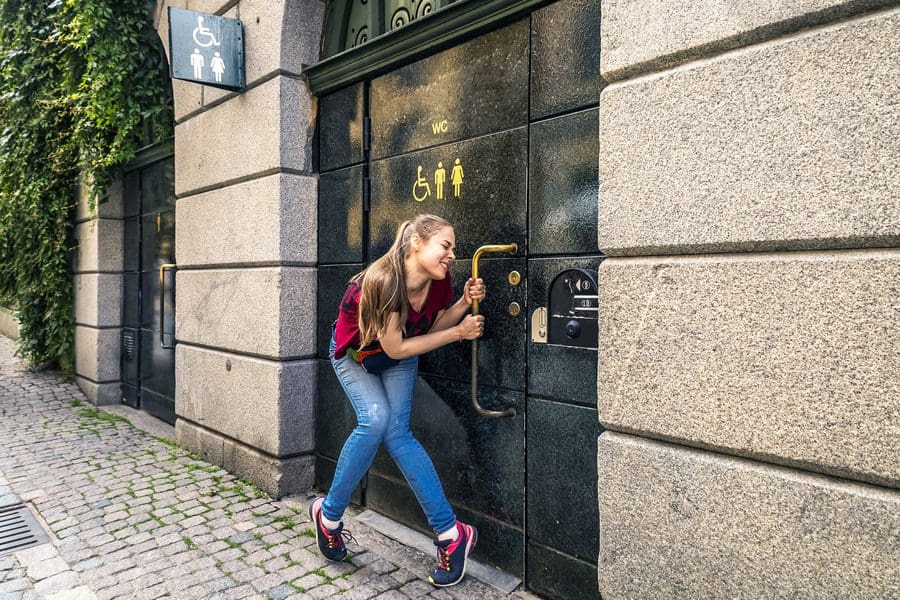The average individual urinates between 4-8 times a day, though it varies from person to person. The need to pee frequently is not a sign of concern, as it’s a natural way the body eliminates excess water with waste. But sometimes, frequent peeing (more than 10 times per day) can be a sign of an underlying condition. Read on to find some reasons for frequent urination and if and when you should see a doctor.
Drinking Too Much Water
Drinking water is important for the body, but the amount of water needed varies depending on the individual. On average, the Institute of Medicine recommends men drink 13 cups of fluid each day and women drink 9 cups. If you consume more water than your body needs, you may have to pee more frequently. Sometimes, the body can develop hyponatremia, where the minerals in the blood dilute with water, resulting in a drop in sodium levels and the swelling of cells. Endurance athletes like marathon runners are more at risk of developing this condition.
Kidney or Urinary Tract Infection
Kidney stones or any kidney infection can result in frequent urination – as can bacterial infections of the urinary tract. With kidney stones, you may feel like you have to pee a lot but don’t actually make much urine. Fever, nausea, chills, and pain in your side or lower belly could also indicate an infection. With a urinary tract infection (UTI), the bladder swells and can’t hold much urine. If left untreated, it could lead to cloudy, bloody, or strange-smelling pee.
Overactive Bladder
Having an overactive bladder is not a disease; it is a bunch of symptoms that cause a sudden urge to pee, sometimes leading to incontinence. Rushing toward the bathroom more than eight times a day can signify an overactive bladder. The exact cause is unknown, but age can be a factor, as it most commonly affects women age 65 and older. In this case, a doctor may advise that behavioral changes, such as dietary changes, timed voiding, and pelvic muscle exercises.
Certain Medications
People with high blood pressure and liver and kidney disease are often prescribed diuretics, which can cause kidneys to release more sodium and water into the urine, increasing the urgency to pee. Similarly, antihistamines, tricyclic antidepressants, or calcium channel blockers can make you have to pee more often.
Diabetes
Both type 1 and type 2 diabetes can lead to an increase in glucose due to a lack of sufficient insulin in the bloodstream. As a result, kidneys must work harder to eliminate this excess sugar, which forces them to make more urine. This excretion of glucose with the fluid from tissues into the urine causes dehydration, leading to excessive thirst and, ultimately, more water intake and urination.
Frequently going to the bathroom to pee is not always a cause for concern, but it also may indicate an underlying condition. If you face this issue, particularly if it coincides with other symptoms, speak to your doctor.






